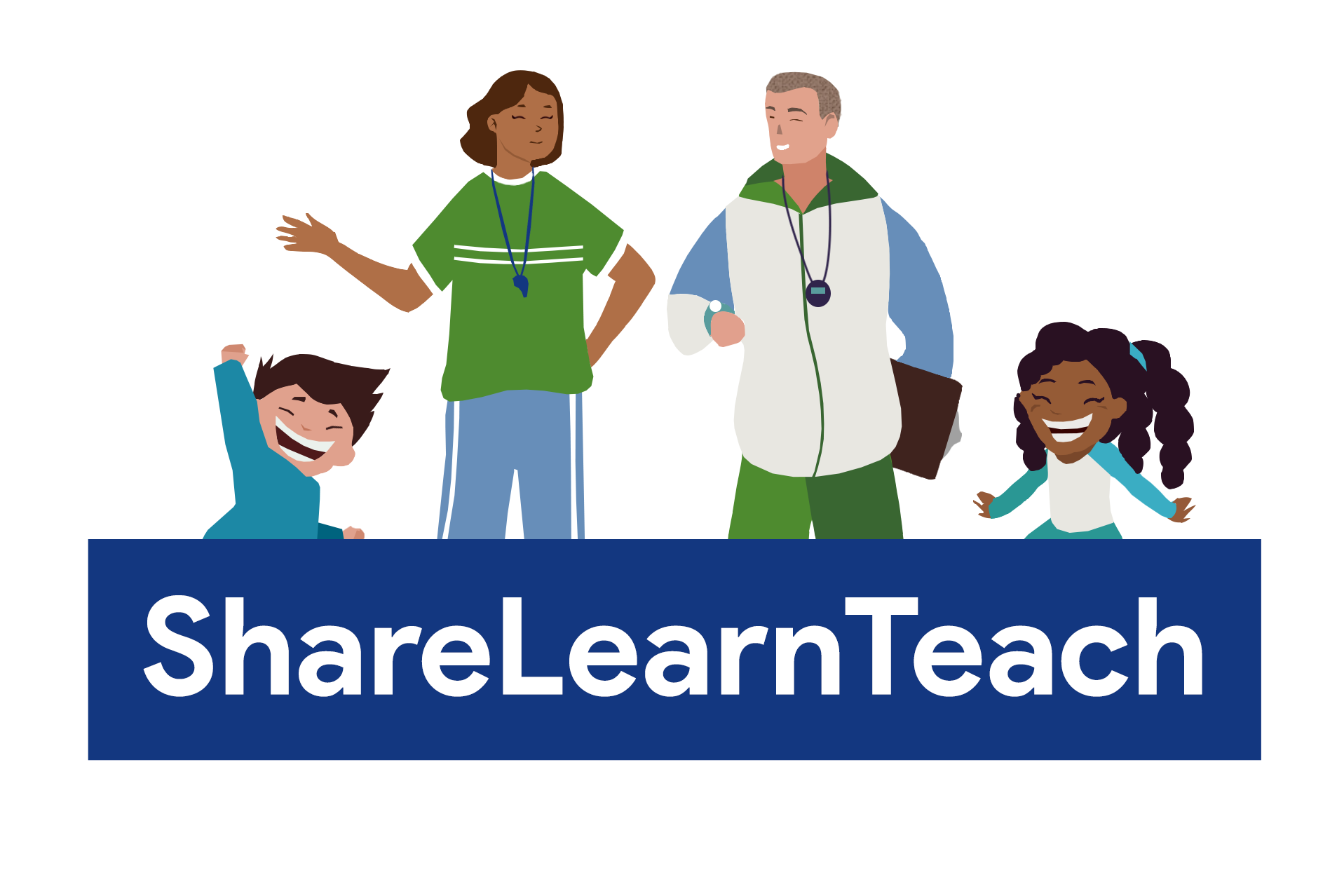-
Self Regulated Learning
When considering topics related to Self-Regulated Learning and Inquiry in an educational setting, it is defined as “one’s ability to understand and control one’s learning environment”. This is often attributed to abilities such as goal setting, self- monitoring, self-awareness, and self-instruction, all positive skills ultimately leading to student success. In performing further research, most SRL topics focus primarily on positive outcomes and their successful implementation towards academic achievement.
Upon reading an education-based article, author Philip Winne approached the topic of SRL through the less beneficial side of student learning. The author determined that while all the skills mentioned above are indeed SRL, the opposite being procrastination, easy to use or accelerated studying, or self-handicapping techniques are also considered SRL because learners are intentionally deciding how to regulate their learning and their level of engagement with content. Learners intentionally choose their level commitment to content and often they choose the above mentioned to excuse poor performance or to reflect their disconnection with the content. This was a fascinating thought for me as I had never considered that these behaviours were in fact an intentional and regulated act of learning. Self-handicapping is an action that I see often in teaching, students often feel unconfident in their ability to complete a task, therefore they purposely fail to avoid ‘true failure’.
To combat these learning behaviours, the author poses several suggestions to implement into everyday classroom practices. Firstly, content should aim to be complex enough to allow for genuine decision making and problem solving, but not be too complex as to lower student self-efficacy or create cognitive overload. Secondly, in addition to developing the cognitive strategies mentioned initially, it is suggested that teachers should aim to increase learners intrinsic valuing of school and the content being taught. When learning is purposeful and connected in meaning to students, its value is increased and motivation is deepened.
Log in to reply.
